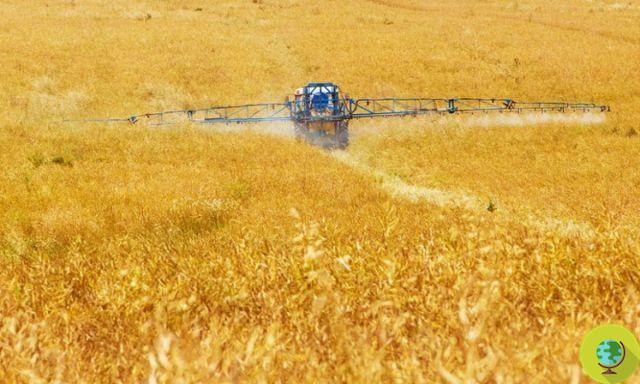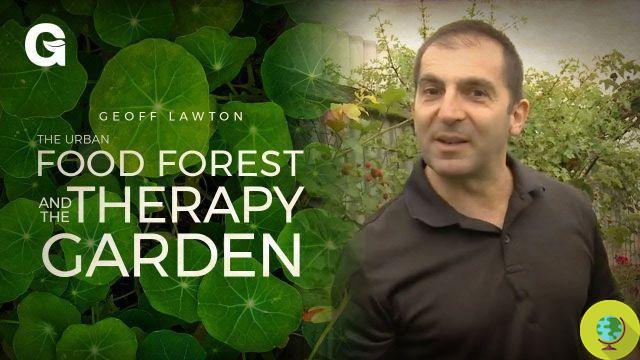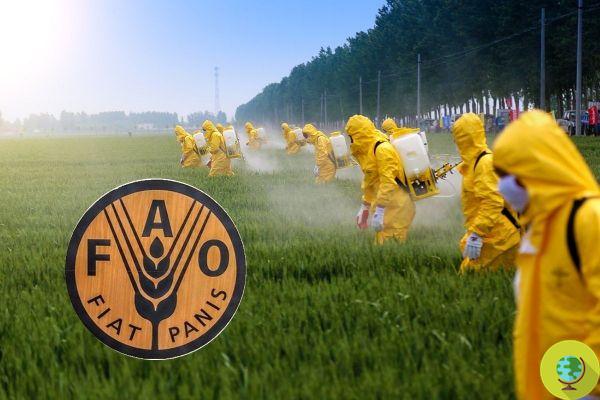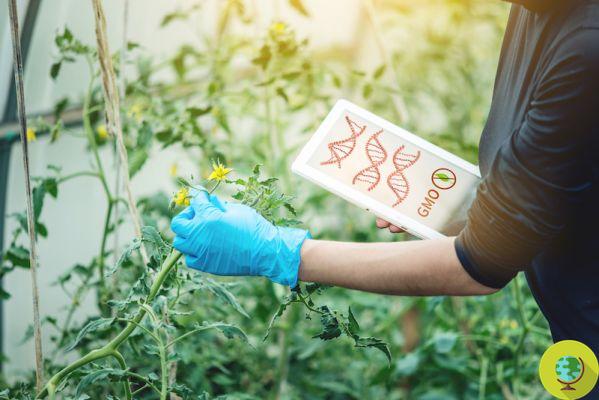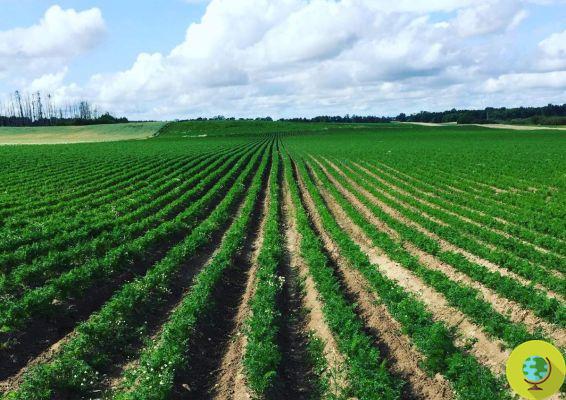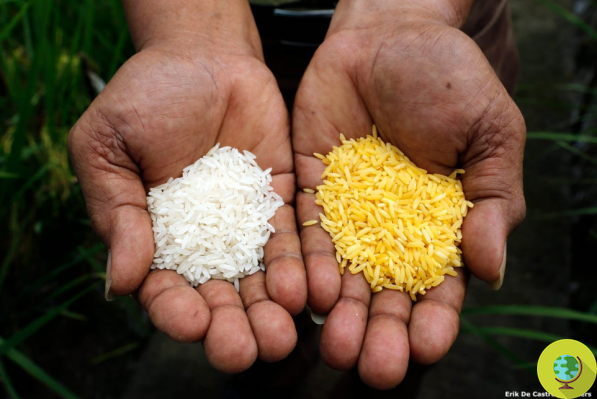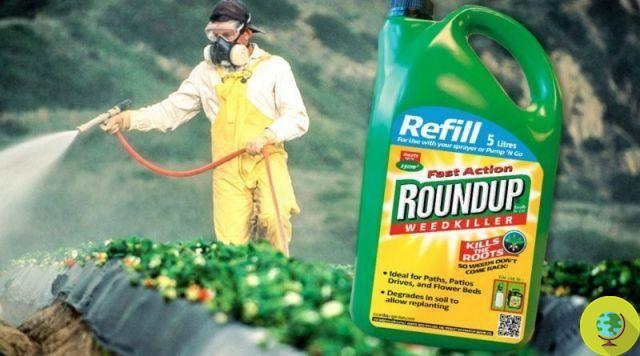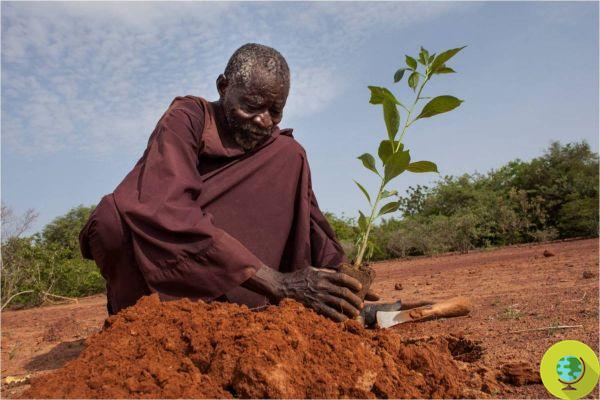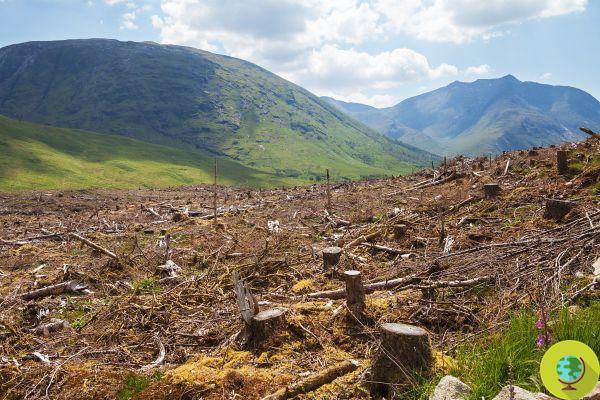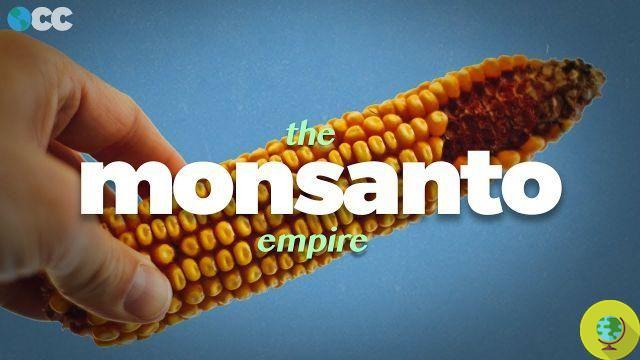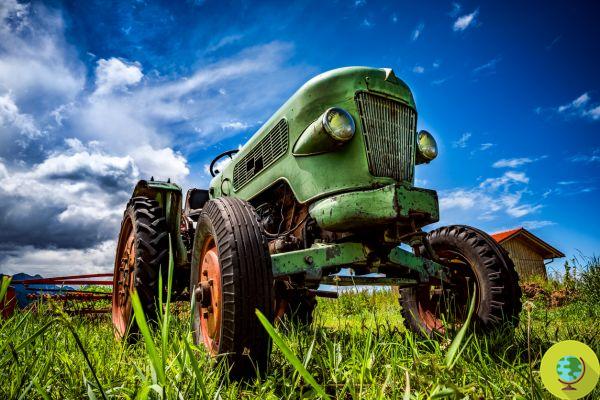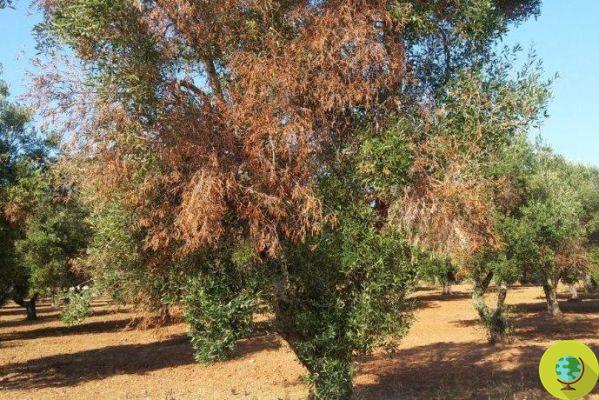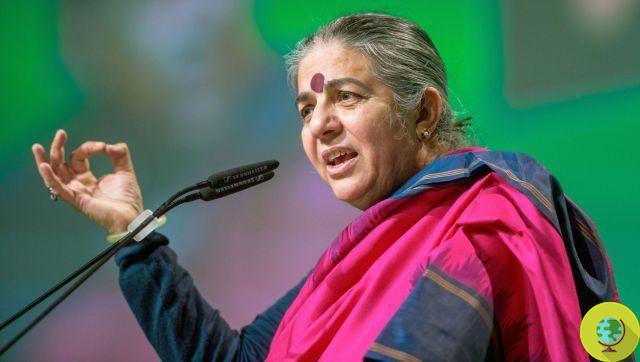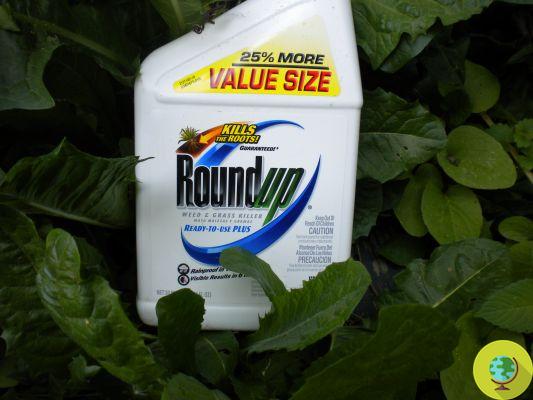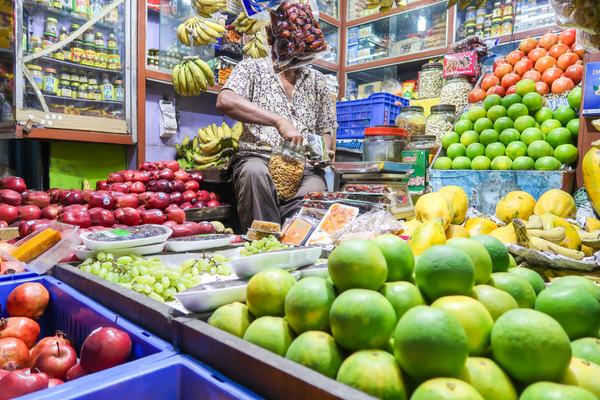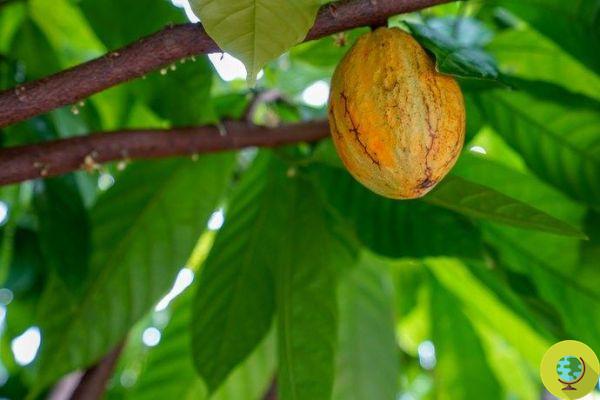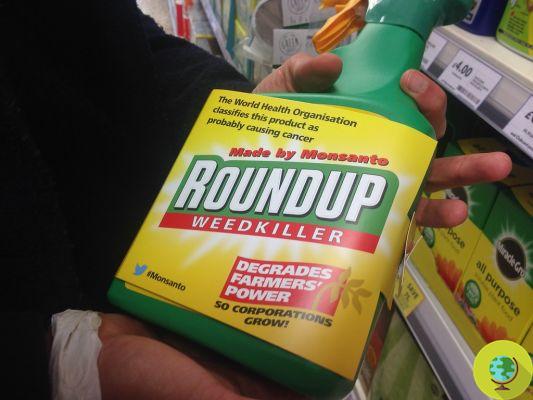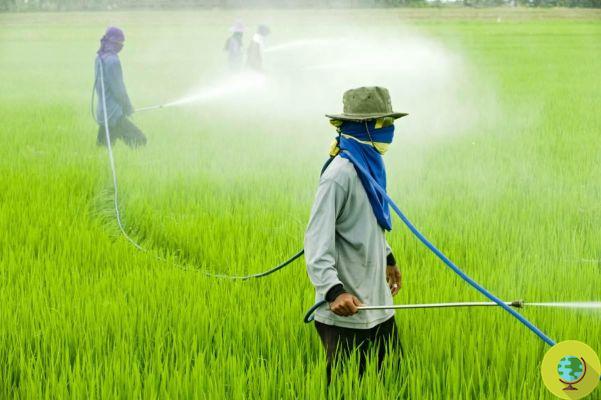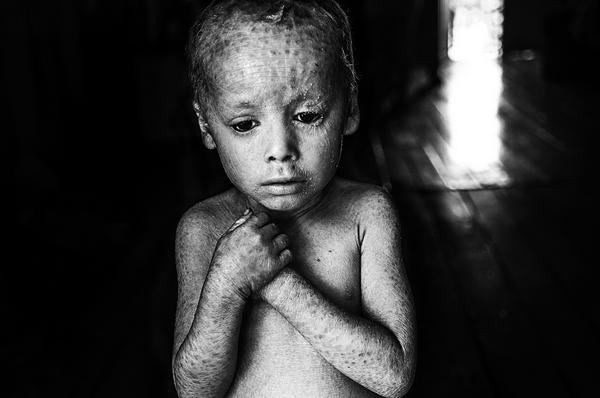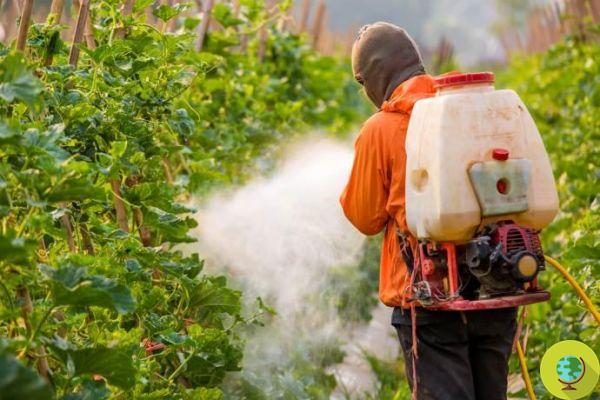Climate change and an increasing world population are putting a strain on small farmers in developing countries. To reveal it is the IFAD
He is about to end up run over, his mother saves himSupport the little ones farmers in developing countries whose situation is made even more difficult byincrease in the world population and climate change. A declaration of intent to build a stronger partnership was signed during the IFAD Governing Council at the headquarters in Rome, between the Bill & Melinda Gates Foundation and the International Fund for Agricultural Development (IFAD).
Thanks to the agreement signed by the same Bill gates, the two sides will seek to support i small farmers from the poorest countries in the world through a series of measures. And this partnership takes on even more importance when we consider that to meet their food needs, farmers over the next 40 years will have to face two challenges: producing 60 percent more food to feed the ever-growing population and doing so by trying to cope with environmental degradation, the increasing scarcity of resources and climate changes.
Following the signing of the declaration, Gates discussed with delegates from the IFAD Governing Council the importance of sustainable agriculture and how productivity improvements could reduce poverty in developing countries. This is why it has also launched a challenge to national governments, inviting them to adopt a new approach to support children farmers.
But the mission statement is only part of the job. Yesterday, in his opening speech of the 35th annual meeting of the IFAD Board of Governors, President Kanayo F. Nwanze he is personally committed to lifting 90 million people out of poverty.
"The time has come for smallholder farmers to appropriate their role as active actors in economic growth and food security," he said. Nwanze. "When these farmers are recognized as small entrepreneurs, when they have access to better resources and incentives, and when they have access to markets and a favorable political-institutional environment, they can transform their communities, their lives and the whole world." The push for development must come from the bottom.
A really tough challenge, given that the farmers also have to fight against climate changes, which are putting them to the test, together with global population growth, which is expected to reach quota by 2050 9 billion. For this reason, according to President Nwanze, it is necessary "to find solutions that are 'climate-smart' to develop the resilience of small farmers to climate change". In this sense, a leading role could be that of the program "Adaptation for Smallholder Agriculture”, The new plan for 2012 aimed at managing financing for small farmers through IFAD.
Now, the next appointment will be in Brazil, a Rio de Janeiro, during the United Nations Conference on Sustainable Development which will take place from 13 to 22 June this year.
Francesca Mancuso




